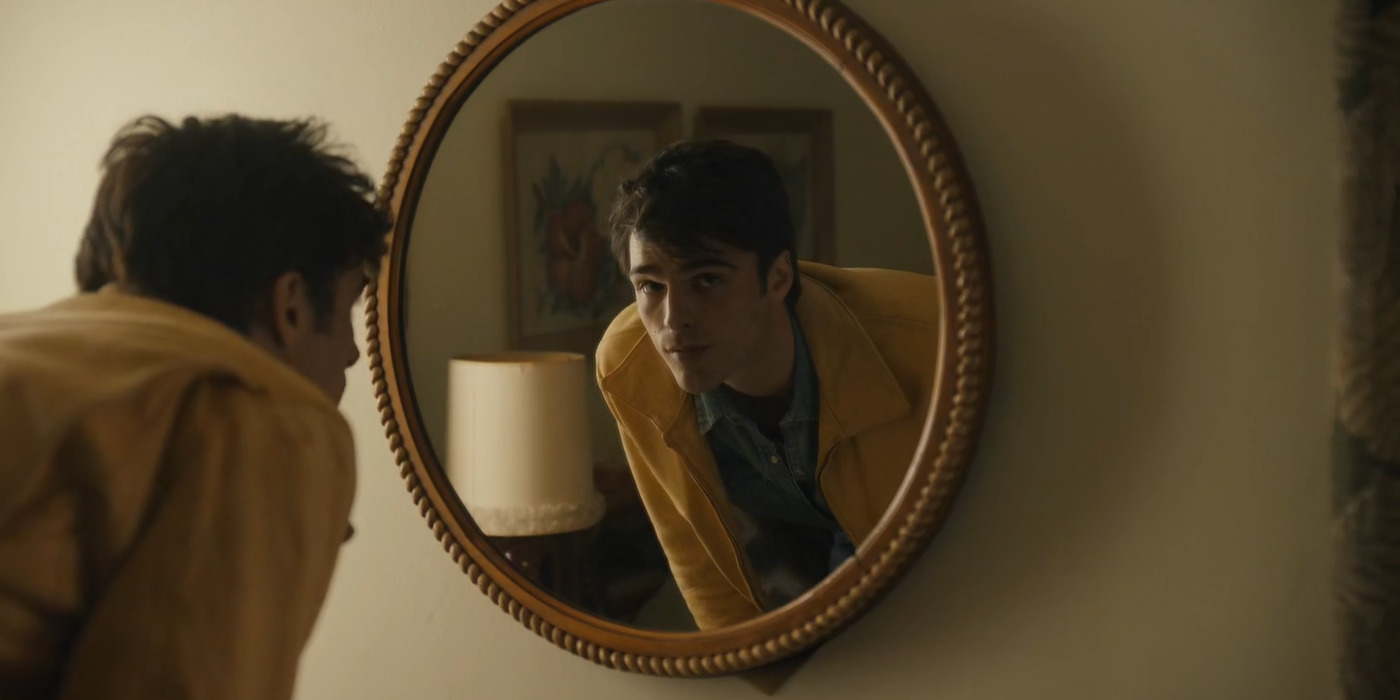‘On Swift Horses’ charts a story of romance, the kind one shares with others and themselves. The film follows the narratives of two people, Muriel, a reluctant, repressed housewife, and Julius, the capricious soldier fresh out of the Korean War who also happens to be the former’s brother-in-law. Despite only sharing a brief in-person meeting, on the same Christmas Eve when Lee proposed to Muriel, the pair find themselves inextricably linked. For one, both seem to appreciate the thrill of a good risky gamble.
However, where their choice of poison diverges, with Muriel preferring the Ponies and Julius the cards, they end up having more in common than initially thought. Namely, both share an inclination for amorous trysts with their lovers, who tend to be of the same gender as themselves. Yet, life in the closet in the 1950s isn’t an easy task. Thus, Julius’ love story with his charming lover named Henry, remains turbulent, setting the two men on an unpredictable forever after. SPOILERS AHEAD!
Julius and Henry Pen a Love Story Behind Closed Doors
As a period piece set in 1950s America, ‘On Swift Horses’ never explicitly labels its characters’ sexualities. Nonetheless, the narratives each character helms speak for themselves, cementing the tale’s blatant and foundational queer themes. Initially, when Julius visits Lee and his brother’s to-be fiancée, Muriel, flickers of chemistry fly between him and the latter. Nonetheless, shortly thereafter, once he arrives in Las Vegas, true winds of romance inevitably sweep him away. As he begins working surveillance at a casino, his path crosses with Henry at the establishment’s overhead catwalks. From there, it’s only a matter of time before the two men end up in bed together.
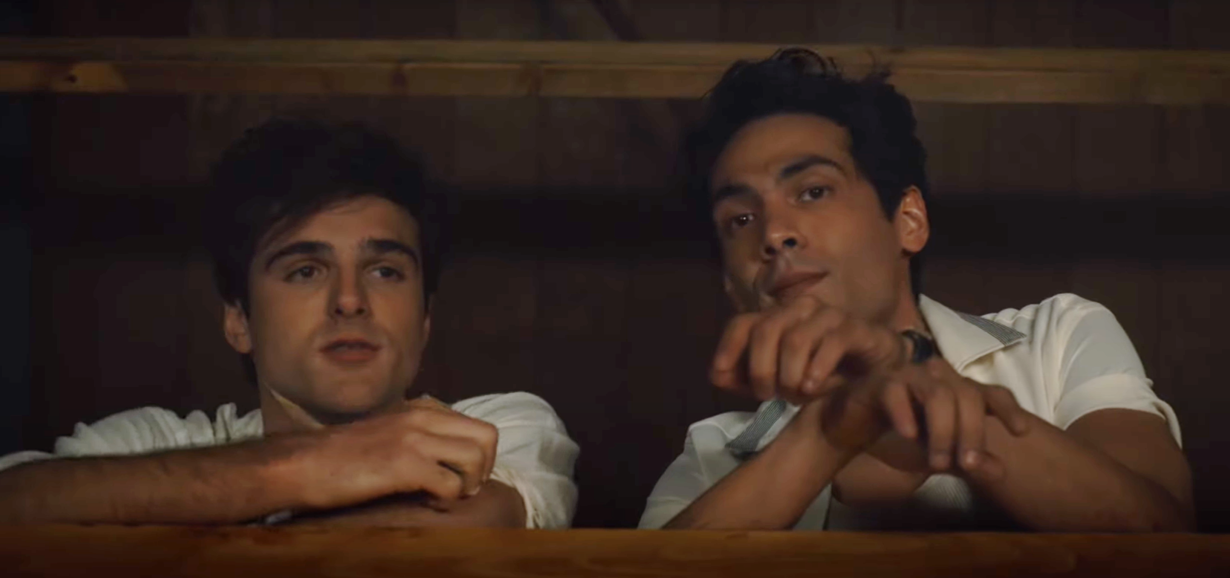
Neither Julius nor Henry ever explicitly claims one label or the other for themselves—save for an instance where the former refers to people’s perception of him using a slur. Yet, it isn’t the language so much as their undeniable visible love for one another that cements their sexualities. Whatever modern label they might prefer, it’s clear that both men have a romantic and sexual preference toward people of the same gender. This aspect of their identities goes on to significantly inform their narratives. Henry’s identity as a Mexican man, who doesn’t fit into the society’s heteronormative views, significantly influences his constant desire for more, even if it’s achieved through ways that fall outside of the law. Similarly, Julius’ inability to settle down yet constant chase after something real and reliable is a direct consequence of his inability to have those things.
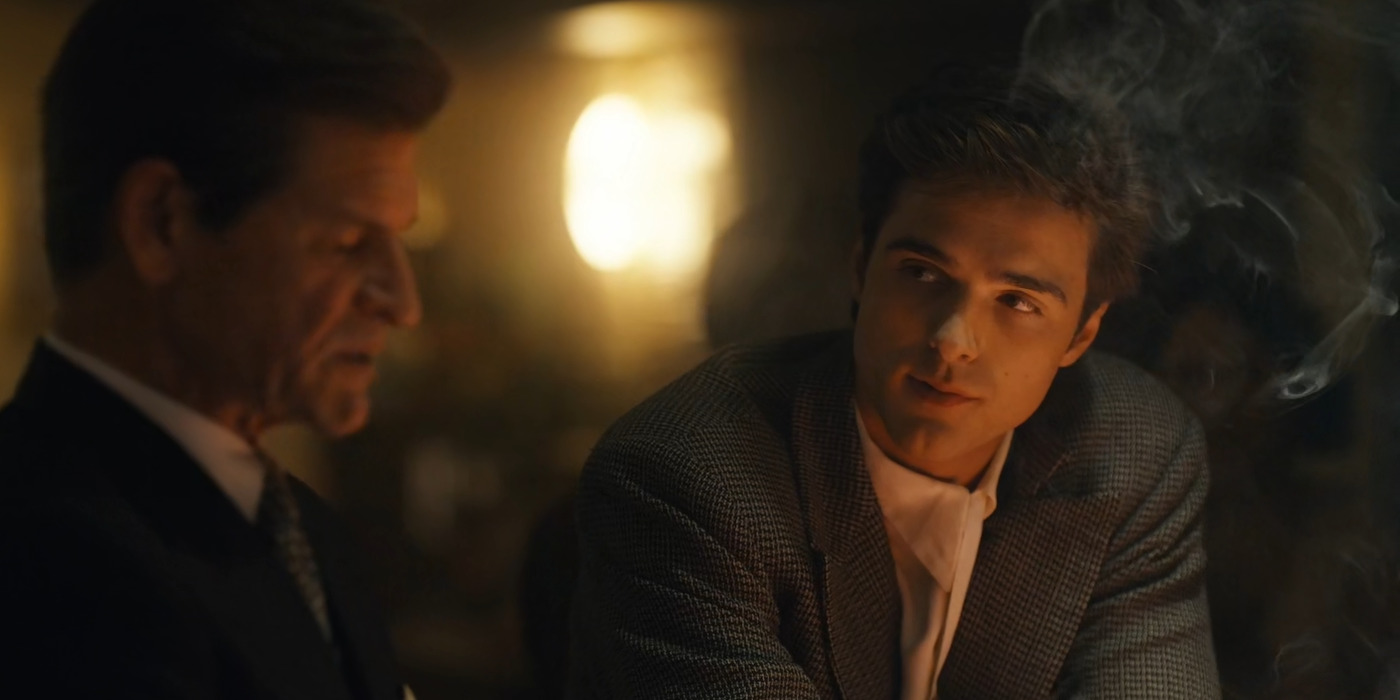
Yet, unlike Henry, the other man’s story has one more element that could add some nuance to his relationship with his sexuality. While we only ever see Henry pursuing men, Julius notably possesses the possibility of a romance with Muriel. They evidently share a propensity for intimacy, be it physical through brushing of the hands of near-kisses, or sentimental, as proven by their letters to one another. Even so, as Muriel’s journey of self-actualization progresses, one can’t help but wonder if the romance between her and her brother-in-law is simply of the platonic variety. Either way, it’s clear that Julius’ dogged devotion to Henry leaves little space for any other romantic love in his life.
Julius and Henry Find a Hopeful Ending
As two men in the 1950s, Julius and Henry’s romance is headed for a rocky road before it even begins. The former remains reluctant to pursue anything with the other man off-the-bat despite their evident chemistry. Nonetheless, one particularly helpful nudge from the latter eventually steers the duo in the right direction. Still, their romance remains bound inside motel rooms and shared glances, but nothing more in the outside world. Even though Julius can find it in himself to find satisfaction in this safe, if hidden, love, it’s in Henry’s nature to crave more. However, he knows he can’t have it in terms of their love, which remains forbidden for their time. Therefore, he turns his sights on something achievable: financial gains.
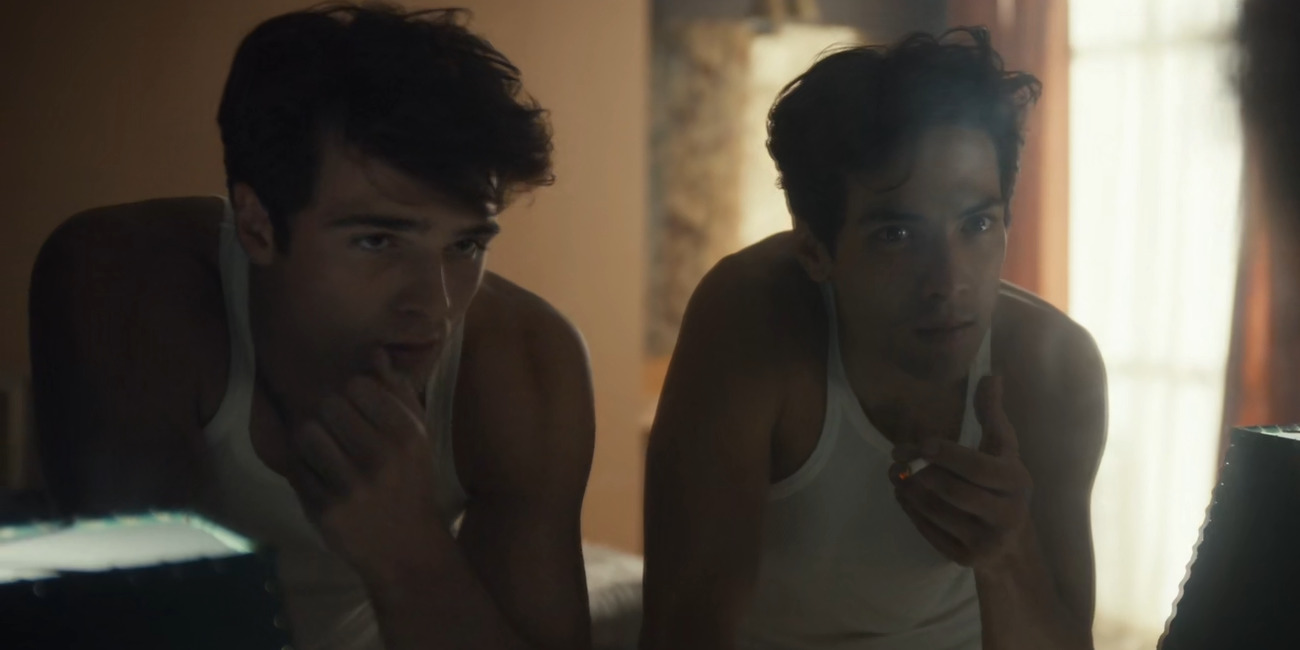
Henry is eager to take bigger risks in his gambling, cheating the system to rob his fair share from it. When his lover consistently refuses to relent to his ideas, he decides to take a chance on his own with another partner-in-crime. Naturally, Julius rushes after him as soon as he realizes the details of his plan. In the end, this results in both men getting beaten up outside the casino. However, while Henry manages to get him out of the situation relatively safe, he himself becomes lost in the aftermath. When his lover tries to look for him in Tijuana, Mexico, he ends up crossing paths with the wrong men, finding himself on the wrong side of a robbery.
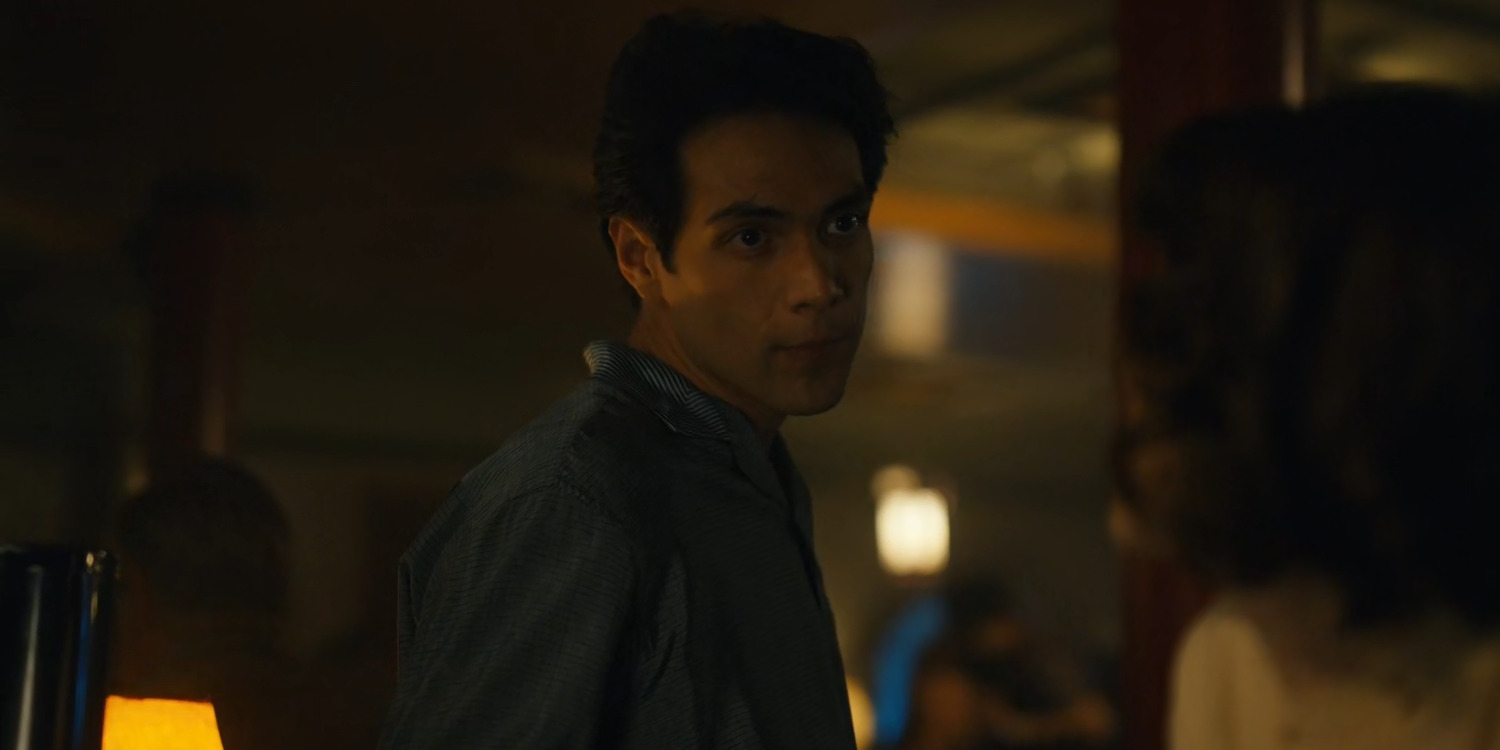
Tragically, while Julius looks for Henry on the other side of the border, the latter finds himself in California trying to find his other half. Fate intervenes when he coincidentally ends up at the local queer bar, The Chester, on the same night as Muriel. Both were hoping to run into the same man. Thus, when she pins a note of apology to Julius on the establishment’s corkboard, Henry piggybacks on it as well. Fortunately, the following Christmas, Julius returns to California in search of his family, Lee and Muriel. Although he doesn’t find them, he finds the note his sister-in-law and lover left him. Luckily enough, Henry had the wherewithal to leave a clue about his whereabouts. Thus, the end finds Julius on horseback, riding off into the sunset in hopes of reuniting with his love. Ultimately, the two men likely find their way back to each other, facing the same complications, impulses, and prejudiced society as before, but at least in each other’s company.
Read More: Olympo: Are Roque and Sebas Gay? Do They End Up Together?

